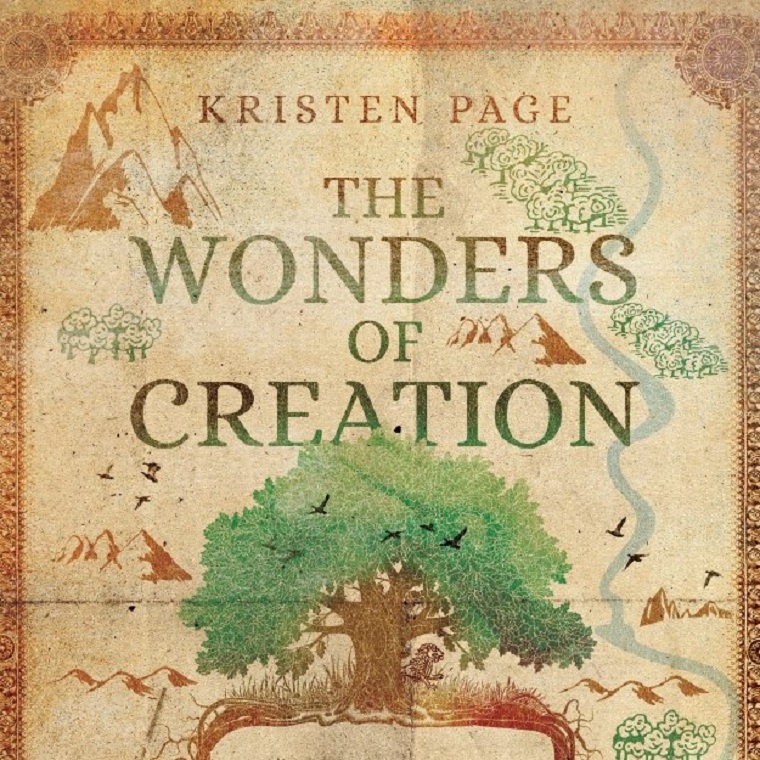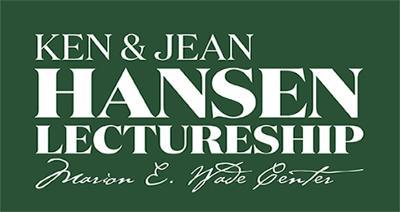
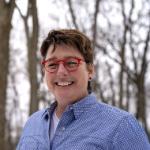 Creation’s Call: Stewardship Lessons from Middle-earth and Narnia
Creation’s Call: Stewardship Lessons from Middle-earth and Narnia
Dr. Kristen Page, the Ruth Kraft Strohschein Distinguished Chair & Professor of Biology, presented three lectures using the fictional landscapes of J.R.R. Tolkien and C.S. Lewis as a means to aid us in developing a greater real-life appreciation for God’s creation. Significantly, such an exploration can nurture within us a deeper desire to care for our physical world. The 2020-2021 Hansen Lectureship series title is Creation’s Call: Stewardship Lessons from Middle-earth and Narnia. Details on each lecture follow below.
Dr. Page has particular expertise in wildlife diseases and how transmission changes when landscapes are altered by human resource use. She has developed mitigation strategies to decrease transmission of wildlife diseases, and has a special interest in environmentally related public health issues. She holds an M.S. in Zoology and Wildlife from Auburn University, and a Ph.D. in Forestry and Natural Resources from Purdue University, where she was awarded the Purdue Distinguished Agricultural Alumni Award for 2020. She often serves as a consultant with wildlife officials on development and use of wildlife disease mitigation strategies.
Lecture Dates and Titles
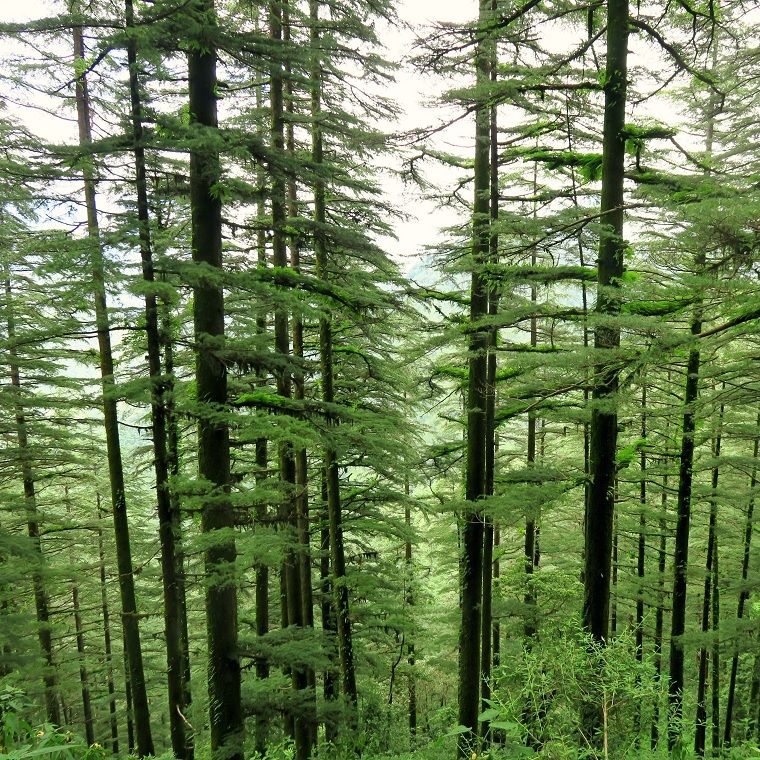
October 29, 2020 – "Searching Fictional Landscapes to Guide our View of our Own World"
Respondent: Dr. Christina Bieber Lake, Clyde S. Kilby Professor of English
The creation of fictional landscapes requires an understanding of real landscapes which comes from knowledge that can only be gained through experiencing our own world. Likewise, the reader’s experience "in" the fictional landscape of a story is also impacted by real-life encounters and occurrences. As a result, reading fiction can ultimately alter the way we interact with creation as well as help us develop a stronger understanding of our spiritual call to the stewardship of creation.
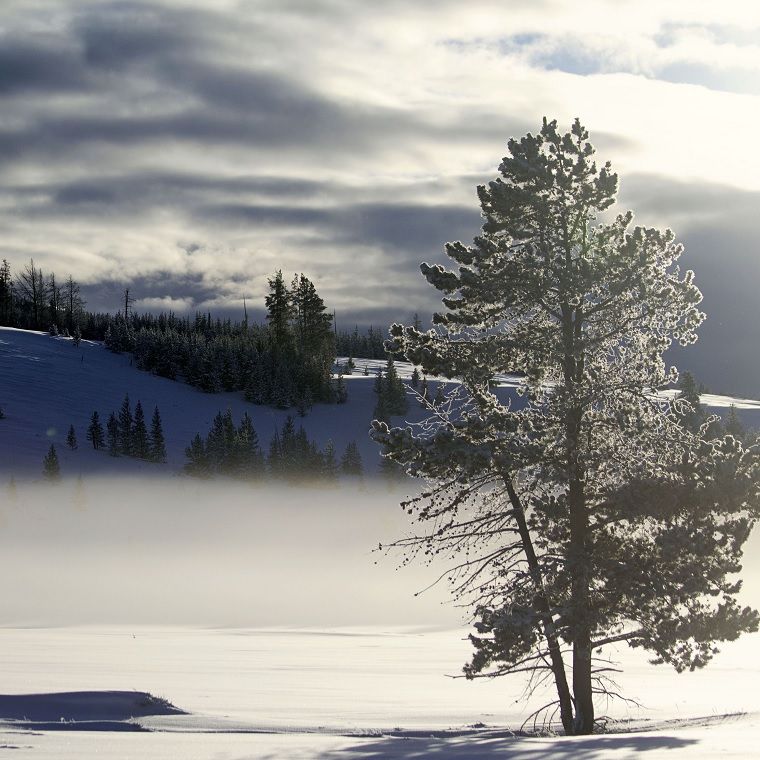
February 11, 2021 – "A Lament for Creation"
Respondent: Dr. Noah Toly, Professor of Urban Studies and Politics & International Relations, Director of the Center for Urban Engagement, Director of the Aequitas Program
In reading about Narnia, a land that is "always winter, but never Christmas" in The Lion, the Witch and the Wardrobe, we better understand how unjust systems result in suffering when the land cannot produce as the Creator intended. In the same way, we are living today on a planet that is in crisis while our neighbors are suffering the effects as creation, itself, groans. It is right to lament this tragic state. This lecture discusses lessons learned in both Tolkien and Lewis’s created worlds that can help us move from lament to action in our role as stewards of creation.
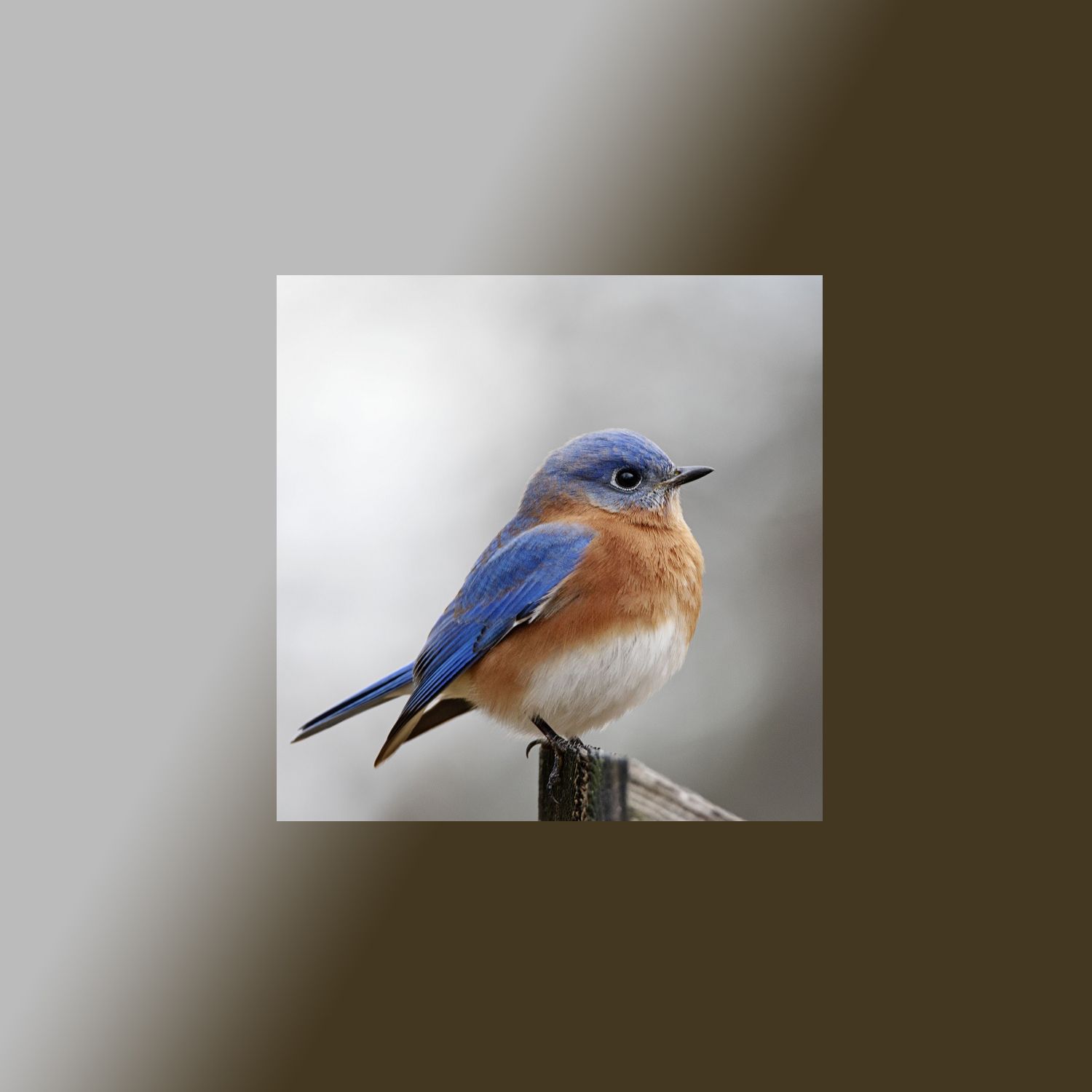
March 18, 2021 – "Ask the Animals to Teach You: How to Regain Wonder and Rejoin the Chorus"
Respondent: Dr. Emily H. McGowin, Assistant Professor of Theology
This lecture attempts to rekindle the wonder God intends for us to have as we explore and learn more about God’s creation. "But ask the animals, and they will teach you, or the birds of the air, and they will tell you; or speak to the earth, and it will teach you, or let the fish of the sea inform you. Which of all these does not know that the hand of the Lord has done this?" (Job 12:7-9). Through their created worlds, Tolkien and Lewis enable us to more fully understand and believe that human beings are not alone in their shouts of praise to the Creator! As we begin to apprehend more of what it means for creation to sing God’s praises, then we, too, will want to live out our call as God’s chosen stewards of His good creation as we join the natural world in its chorus of praise.
-
Connect with the Wade Center
-
By Mail:
Marion E. Wade Center, Wheaton College, 501 College Ave., Wheaton, IL 60187
See "Plan Your Visit" page for street address -
630.752.5908
wade@wheaton.edu - Instagram Facebook Youtube

